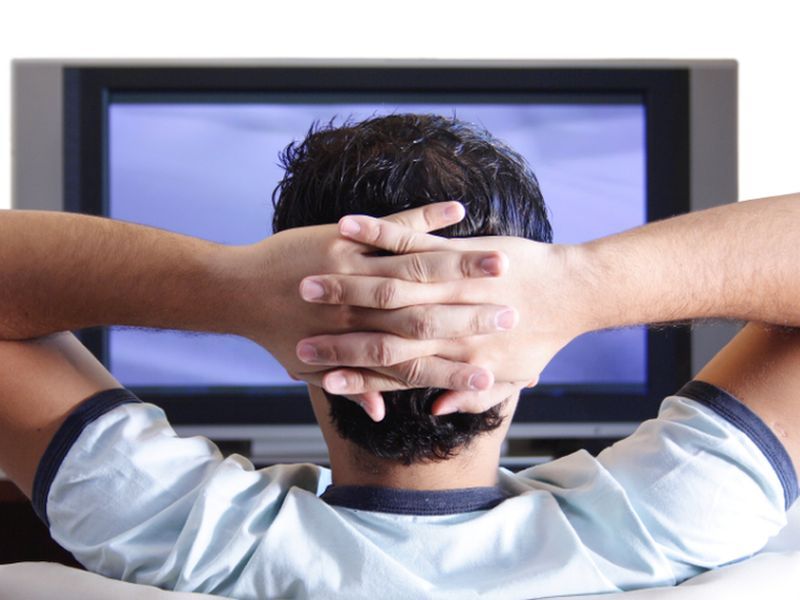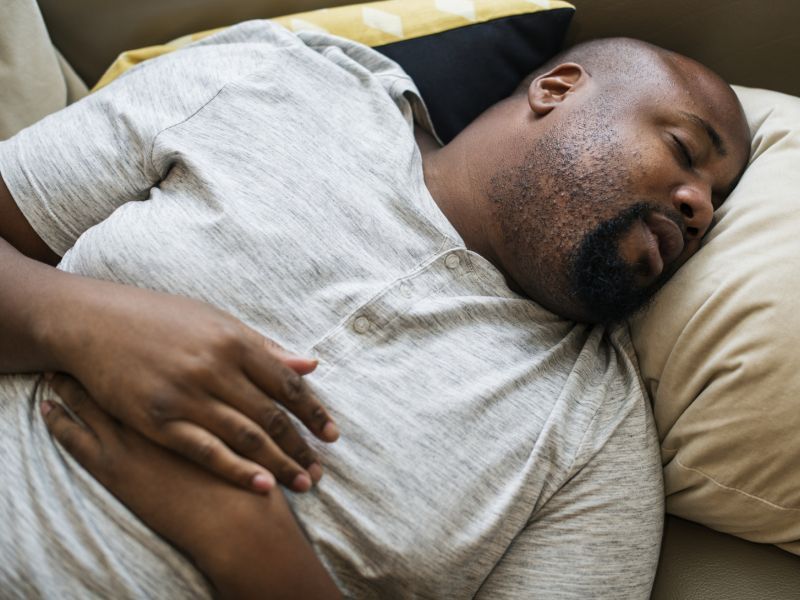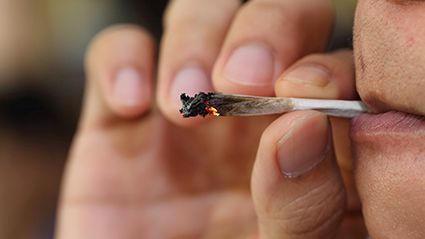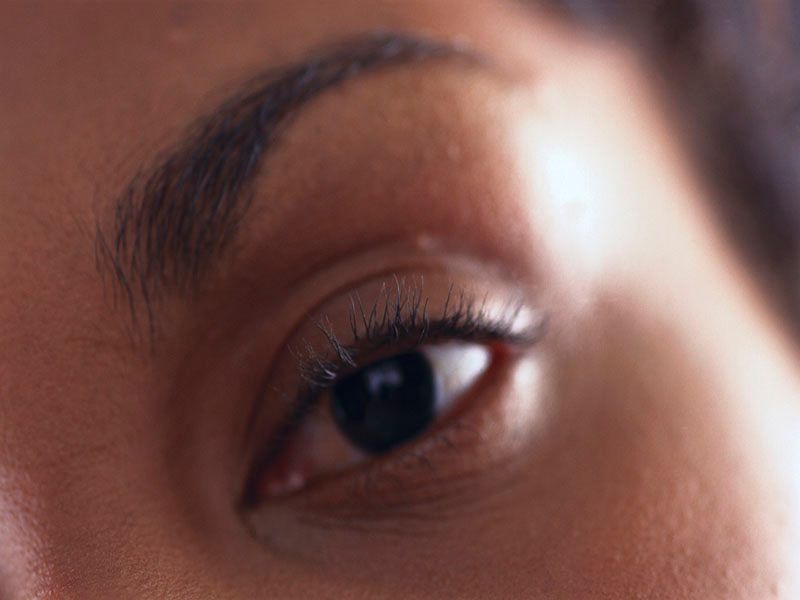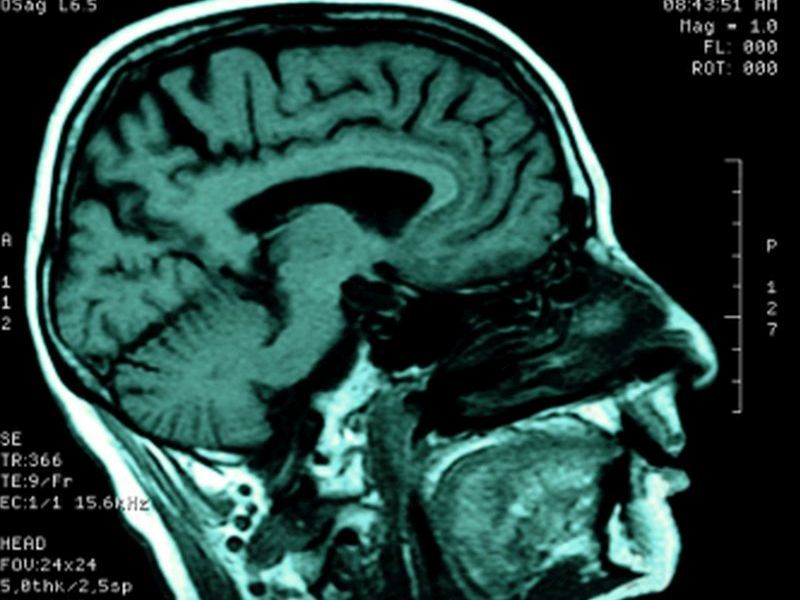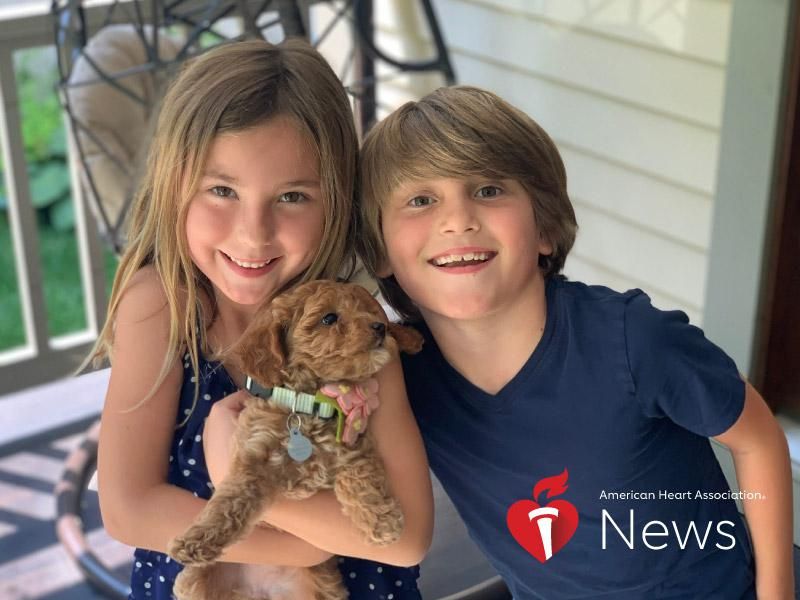
Air ambulance service is pricey, but promises lifesaving speed by providing rapid straight-line helicopter transport for critically ill patients. But a new study out of Denmark questions whether that expensive haste winds up saving more lives. Researchers found no statistically significant difference in the death rate between people transported by ground ambulance or helicopter, according… read on > read on >










